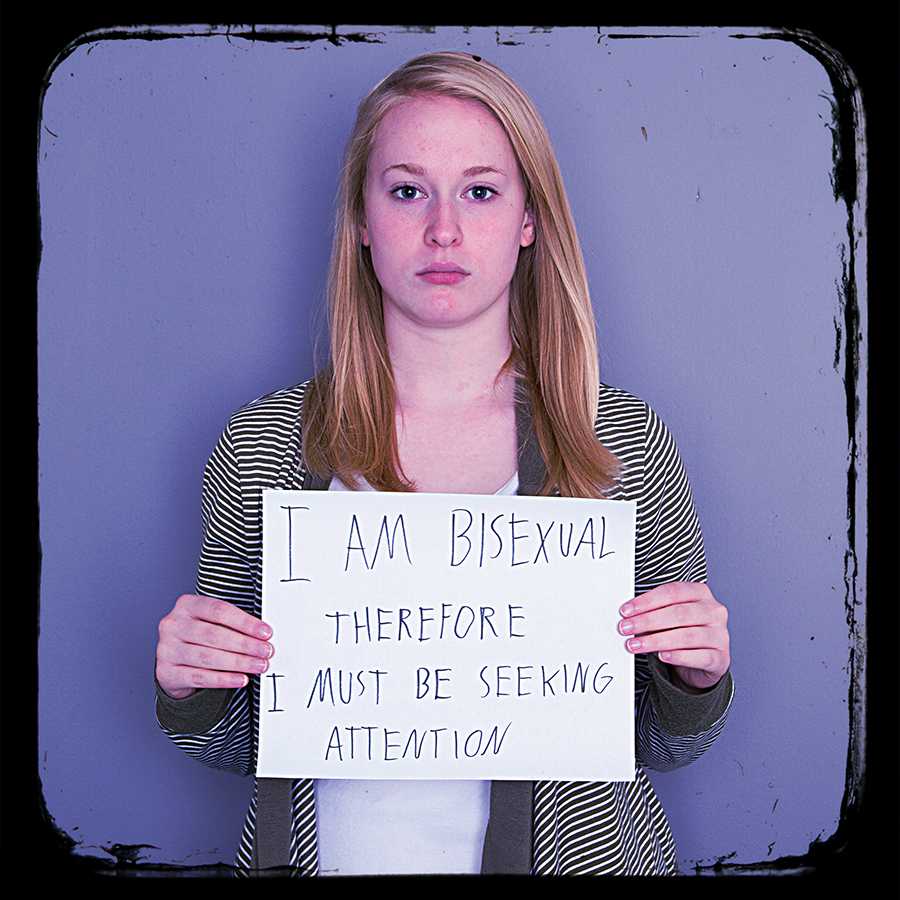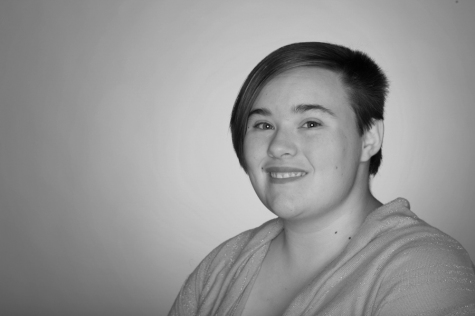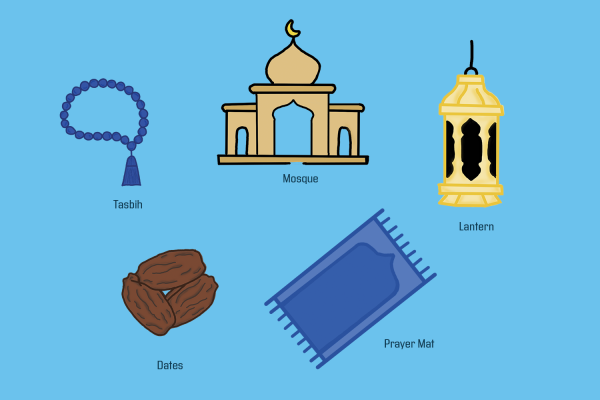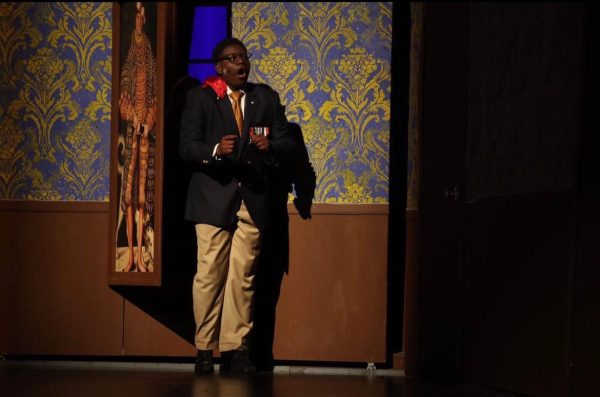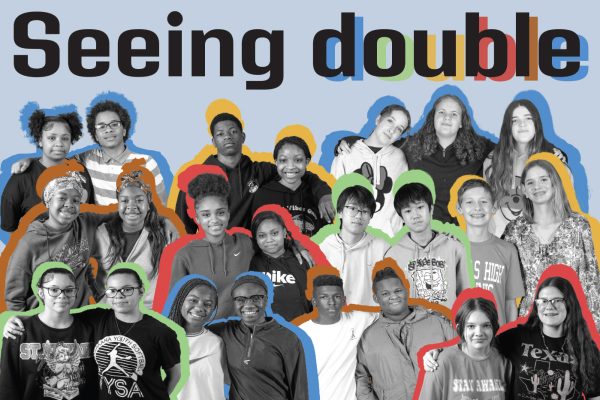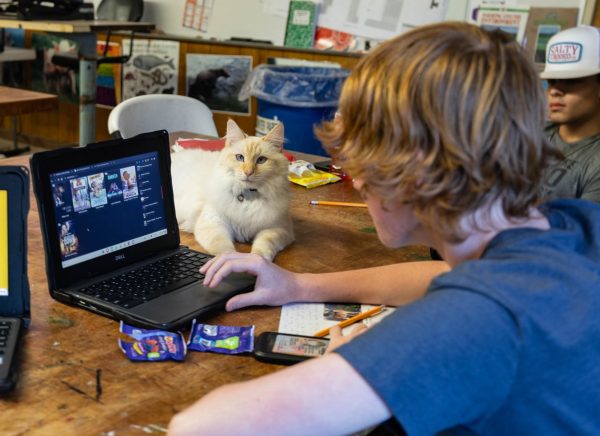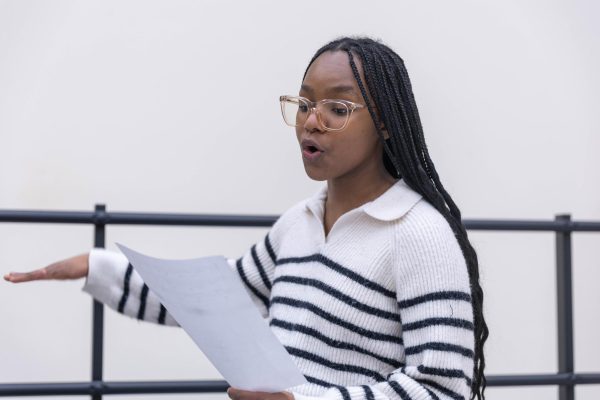Put on a brave face
Junior describe experience of coming out
January 9, 2014
This story is part of a collection, “The Land of Equal Opportunities?” To read the other stories, please see our print edition.
It’s the worst taboo you can commit in our Christian conservative society. It’s the worst moral law you can break. In some people’s eyes, it’s the worst atrocity and can shame a whole family. People’s parents have denied them because of it. Their property has been destroyed because of it. They’ve been turned down from jobs because of it. And most tragic of all, people have been brutally murdered because of it.
This simple word has defined, and stigmatized an entire group of people in our country. They are a minority so complex that one word isn’t even enough to cover half of people included under it. It’s homosexuality, and all the other parts of it that branch off to include everyone within its sphere. Gay, lesbian, bisexual, pansaxual, asexual, transexual, demisexual, aromantic, the list can go on and on. The one’s encased in the definitions of these words have been the most abused, degraded group in modern society. All because of being born with a different preference than what’s considered the norm.
There are students at Texas High who struggle with these problems everyday. They’ve experienced the shame of discovering their sexuality, the terror of coming out of the closet, the social stigma surrounding their new lifestyle, and the backlash of their more close minded family and friends. Junior Jessi Chapman is one of these students.
The term, “in the closet” describes far too many of the homosexual community. There’s a fear surrounding “coming out” that is caused by the close-minded people within our society. The fear of ridicule. Of shame. Of isolation. Of hatred. Coming out is either the most shameful or most liberating moment of a homosexual’s life. However, the latter is far fewer than the former. Unfortunately, our society is still living in the dark ages where sexuality is concerned.
Chapman has known for a long time that she was bisexual. However, it took her a year of internal battling and convincing to come out to her family and friends. Her coming out story was definitely the cause by a mix of good and bad changes in the young girl’s life.
“I was in seventh grade when I discovered my sexuality,” Chapman said. “And right at the time another friend of mine had come out. It was a very bad reaction from the entire school. Many times at lunch I would see her sitting by herself crying before leaving school. I decided to not come out until about a year later when I was in eighth grade. A lot of my friends took it as a shock. Some people believed I was only doing it to get attention. I’m still trying to adjust to how people look at me and their thoughts about me. My mother cried because my brother is homosexual. She’s gotten better, and she’s accepted it. My father says that he doesn’t care, that I’m still his daughter, and if that’s what my feelings are, that’s what my feelings are.”
And it doesn’t it end there. With every new face that enters their lives, those in the gay community are forced to relive the fear of coming out all over again. Chapman knows firsthand the apprehension that comes with telling a new person about her sexuality.
“I feel really nervous because I’m scared that they’re going to automatically have a bad connotation with it,” Chapman said. “Or they’re going to decide to not associate with me. And it worries me because not everyone is as accepting as they should be.”
Sometimes, the people she tells don’t accept her. She feels judged by people who are not accepting of her sexuality. Specifically, being bisexual is difficult with the stereotype that surrounds it. Some even refuse to acknowledge it as a real sexuality.
“One of the worst things is when another person who is not heterosexual looks down on you and says you’re only doing this for attention,” Chapman said. “It really gets you because it feels like there’s not that much support for you. It really gets difficult when you feel like there’s not people there for you to go to or talk to.”
Chapman feels the hate very clearly. In her mind, she feels she’s usually standing alone. She doesn’t see much of a light for hope in the society she lives under. The stereotyping genuinely hurts her.
“There have been a lot of times that I’ve cried, and I’ll admit to that,” Chapman said. “I know the same can be said for a lot of other people. I really don’t talk to anyone about it because there’s no one to talk to. Really the best thing you can do it put on a brave face and pretend that it doesn’t affect you.”


